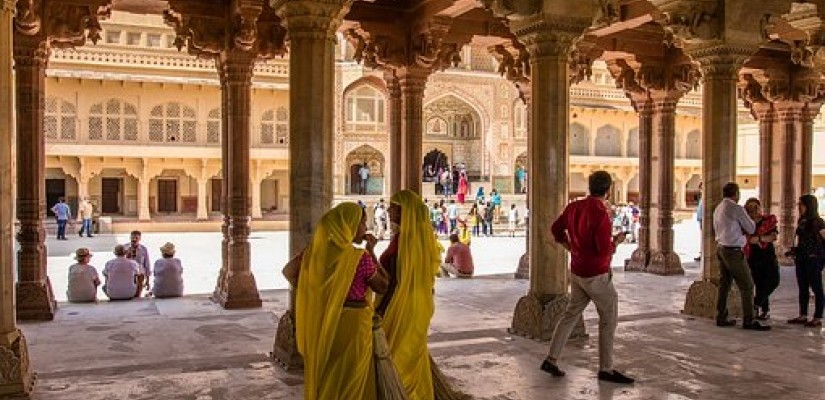
Following 159 days without internet access in Kashmir, India’s Supreme Court ruled that Indian Prime Minister Narendra Modi’s internet lockdown imposed on the Kashmir region is unlawful. Internet, mobile phone, and landline services were suspended after the government removed partial autonomy of the former state in August. In addition, the government has leveraged section 144, a colonial-era law banning public gatherings, in the midst of nationwide protests against the divisive new citizenship law. Long considered one of the world’s largest democracies, India has recently come under sharp criticism for imposing a majoritarian Hindu-first agenda.
The highest court in India stated that an indefinite internet suspension is impermissible and should only be enforced in “unavoidable” situations, although, the body did not actually instruct the government to restore the internet connection that has hurt Kashmir's economy, prevented interaction with families, friends, and the outside world, and strained the work of doctors in hospitals. The ruling puts further pressure on Prime Minister Modi’s government to re-establish access to the internet and uphold democratic norms of freedom of speech and expression. There are concerns, however, that the government will continue to argue that its internet ban and use of section 144 must be upheld for reasons of national security.
